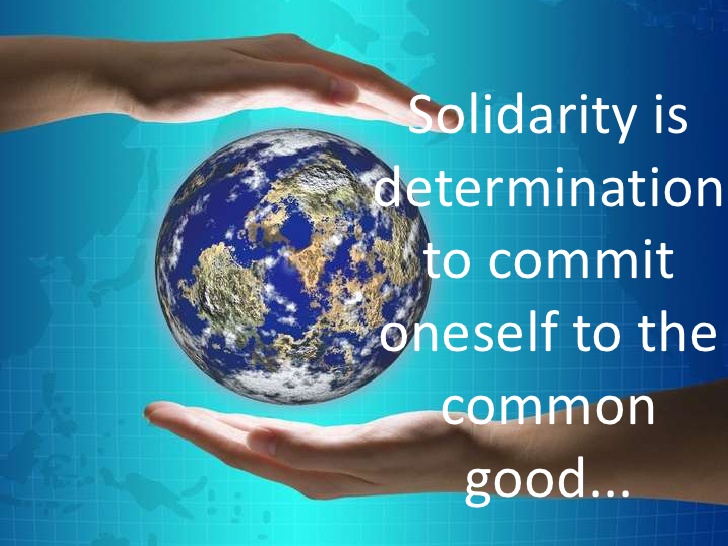Qu’est-ce que le Jour de la Terre ?
Coordonné par le « Earth Day Network », le Jour de la Terre consiste à apprécier le caractère unique de notre planète Terre avec son incroyable biodiversité.
Selon l’ONU sur son site officiel, l’ADN de la « Journée internationale de la Terre nourricière » est plus précisément de sensibiliser les gens aux défis auxquels fait face notre planète, à partir de l’idée que la Terre et ses écosystèmes sont ce qui nous nourrit et soutient nos pas tout au long de la vie. Bref, notre seule maison.
Au cours de cette journée, diverses activités nationales et internationales sont menées pour comprendre la biodiversité et savoir comment protéger notre nature, les plantes, les animaux et l’environnement dans son ensemble. 
Certaines des actions menées consistent à inciter à l’achat de produits plus écologiques, à la réduction des déchets, au recyclage et à la réutilisation, ou encore à la promotion de la lutte contre le changement climatique.
Earth Day Network, l’organisation à l’origine du mouvement, collabore avec plus de 22 000 partenaires * à travers le monde. Aujourd’hui, plus d’un milliard de personnes participent chaque année aux activités de la Journée mondiale de la Terre pour en faire l’un des plus grands événements mondiaux.
*Note de l’éditrice: On célèbre le ‘Jour de la Terre’ pour la 49è année, 180 pays en font partie et cette année (2019) le Senegal et le Togo se joignent au groupe.
Source: Texte: www.linternaute.com/actualité Images: telerama.fr lesoufflecestmavie.unblog.fr
lesoufflecestmavie.fr

 The United Nations’ (UN) International Human Solidarity Day is annually held on December 20 to celebrate unity in diversity. It also aims to remind people on the importance of solidarity in working towards eradicating poverty.
The United Nations’ (UN) International Human Solidarity Day is annually held on December 20 to celebrate unity in diversity. It also aims to remind people on the importance of solidarity in working towards eradicating poverty.